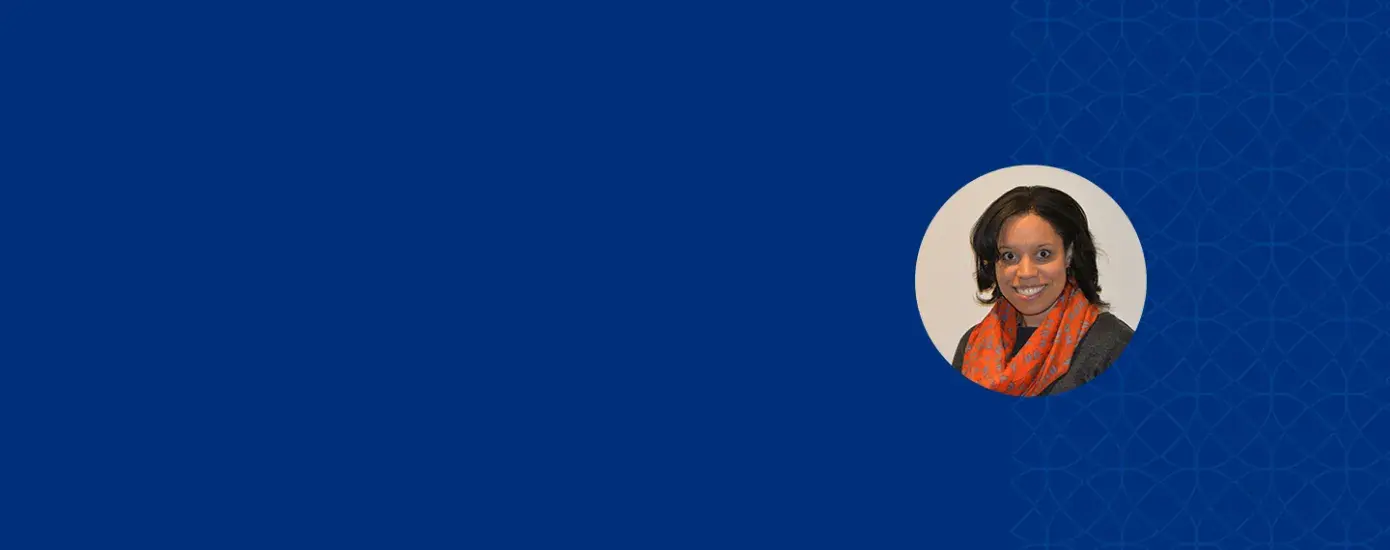
PhD '21 Alumni
What year did you start the program? 2014
What are your prior degrees and with which institutions?
BS, Communication Disorders, Boston University
MS, Speech-Language Pathology, Boston University
What is your mentor's name?
Mentor: Ruth Grossman, PhD, Associate Professor, Department of Communication Sciences & Disorders, Emerson College
What is your current research focused on?
I’m interested in studying the efficacy and effectiveness of data collection in pediatric speech and language therapy. I would like to refine how pediatric SLPs track client performance to improve treatment outcomes. In my clinical practice, I’ve developed a web-based data collection and analysis platform for clinicians to input data and analyze trends in progress in real-time. My research will explore its effectiveness in clinical practice.
What do you think is special about the PhD in Rehabilitation Sciences program here at the MGH Institute?
This program is uniquely positioned in the great chasm between exceptional clinical practice and cutting-edge research. The courses are designed to bridge the gap between these two worlds by equipping practicing clinicians with the tools needed to become clinical researchers. For a clinician with a passion for practice, this program offered the best of both worlds; I am able to actively pursue a PhD without abandoning my enthusiasm for treating children with speech and language disorders. There is no expectation at the start of the program that you should already have strong research background. Unique to the MGH Institute, your clinical experience is recognized and valued as a solid foundation from which clinically relevant research questions can be cultivated. Working across discipline lines reflects the landscape of authentic, day-to-day clinical practice. The program provides a platform for interdisciplinary learning, which has given me a broader perspective of rehabilitation.
Why did you choose to come to this program rather than a doctoral research program in your specific profession?
Since I run a pediatric speech-language pathology practice in Boston, the flexibility offered in clinical practice opportunities and coursework provided a great balance. Also, the program provides access to many of Boston’s top rehabilitation researchers. From the start of the program, we (as students) regularly interact with world-class scientists and clinical professionals from diverse, multi-disciplinary backgrounds in a small group setting. The opportunity to learn from such prominent members of the clinical and academic communities is invaluable.
What are your goals for the future after you graduate?
I hope to actively research in order to contribute high quality outcomes data to the field of pediatric speech language pathology. I’d like to teach. I plan to continue to practice as a pediatric SLP!
